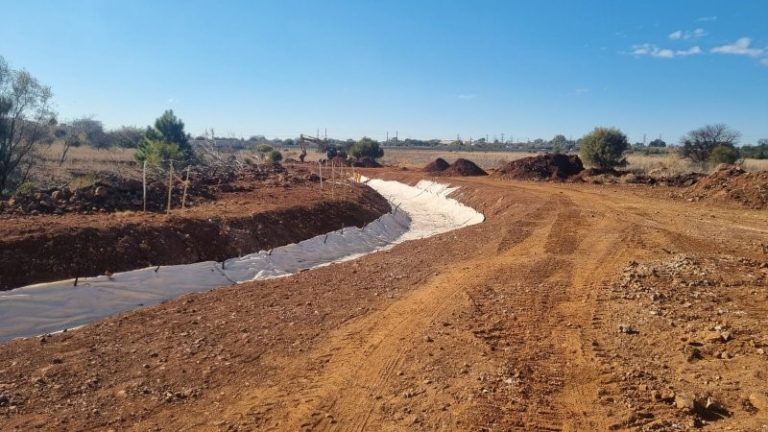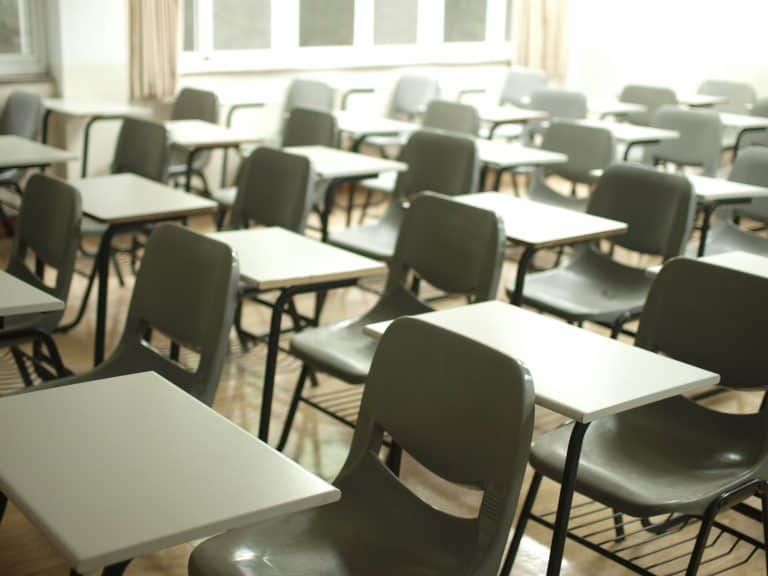Tshwane Metro proposes unfair environmental charge to boost Metro’s revenue by R540 million – AfriForum
A new environmental charge being considered for implementation in the Tshwane Metropolitan Municipality, which is expected to generate approximately R540 million in additional revenue, will, according to AfriForum, amount to an unfair double taxation of taxpayers in the Metro. AfriForum strongly condemned the plan in a letter to the Metro today and demands that its introduction be reconsidered.
This proposed monthly levy of R194,37 will be imposed on all vacant properties larger than 150 000 m2 and residential properties and business premises with a value of more than R250 000 without existing municipal refuse collection services. According to the Metro, there are approximately 194 400 residential properties and just over 62 000 business premises in the Metro that do not currently use the Metro’s refuse collection service. AfriForum maintains that the new levy is simply aimed at milking dry the Metro’s already overtaxed owners – who will also soon have to fork out extra for the heavily adjusted property rates – for further revenue.
The proposed levy is expected to be intended to finance various cleaning services in the Metro, an aspect that should already be covered by property rates. According to Lambert de Klerk, AfriForum’s Manager for Environmental Affairs, owners who have stopped using the Metro’s refuse removal service due to poor municipal service delivery and now make use of private services are being targeted by this planned levy.
“Although the Metro has the authority to levy taxes and tariffs to secure a revenue, there are specific measures that protect owners,” explains Deidré Steffens, Advisor for Local Government Affairs at AfriForum. She emphasises that Section 74(2) of the Municipal Systems Act, which establishes principles for tariff policies, is important in this regard. “This section stipulates that tariffs must reflect the costs that are reasonably associated with the rendering of the service. It further stipulates that the amount that individual users pay should be in proportion to their use of that service. However, the proposed levy, which is labelled in the Metro’s documentation as an ‘environmental charge’ or a ‘city cleansing waste charge’, contradicts these principles of the law, as it envisages a fixed levy per property and not a usage-based fee as required by law,” explains Steffens.
Steffens argues that the proposed levy, together with the shocking increases in property rates, will place immense financial pressure on the city’s taxpayers. AfriForum has already received several complaints from residents about the excessive increases in property valuations in the Metro. In one case, a property’s value, previously R1,2 million, has now increased by about 100% to R2,3 million, while another property, previously valued at R900 000, is now valued at R1,6 million.
“The Metro has targeted its loyal tax-paying residents to fit their budget. The Metro should rather investigate other workable plans such as stricter enforcement of debt collection or placing an increased focus on repairing water leaks to address waste and kilolitres of unpaid water consumption,” concludes De Klerk.











